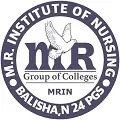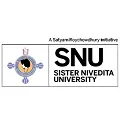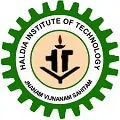Curriculum:
- The B.Sc. in Medical Laboratory Technology (BMLT) curriculum includes core subjects such as Biochemistry, Microbiology, Hematology, Clinical Pathology, Histopathology, Cytology, and Molecular Diagnostics. The program covers essential laboratory techniques and diagnostic procedures that help in diagnosing diseases and managing patient care effectively.
Internship/Practical Training:
- Practical training is integral to Medical Laboratory Technology. Students participate in internships in hospital labs, research labs, and diagnostic centers, where they gain hands-on experience in collecting and processing samples, performing lab tests, and handling diagnostic equipment. Practical training ensures students are proficient in a variety of lab tests and quality control protocols.
Job Prospects:
- BMLT graduates have excellent job prospects in hospitals, clinical laboratories, blood banks, pathology labs, research organizations, and pharmaceutical companies. They play a critical role in the healthcare system, contributing to accurate diagnostics and patient care. There is a growing demand for skilled lab technologists in healthcare and research sectors.
Salary Range:
- Entry-level salaries for BMLT graduates typically range from INR 3 lakh to 5 lakh per annum, depending on the organization, location, and area of specialization. Experienced lab technologists and those with advanced training can earn higher salaries, especially in specialized labs or research roles.
Further Studies:
- After completing B.Sc. in Medical Laboratory Technology, graduates can pursue M.Sc. in Medical Laboratory Technology, M.Sc. in Clinical Research, or certifications in Pathology, Microbiology, and Molecular Diagnostics. Advanced degrees open up career opportunities in specialized diagnostics, teaching, and research.












